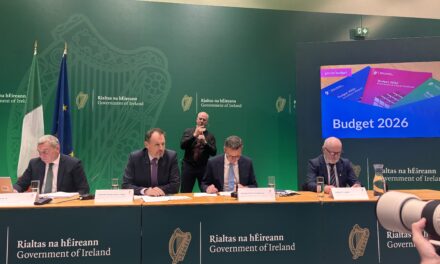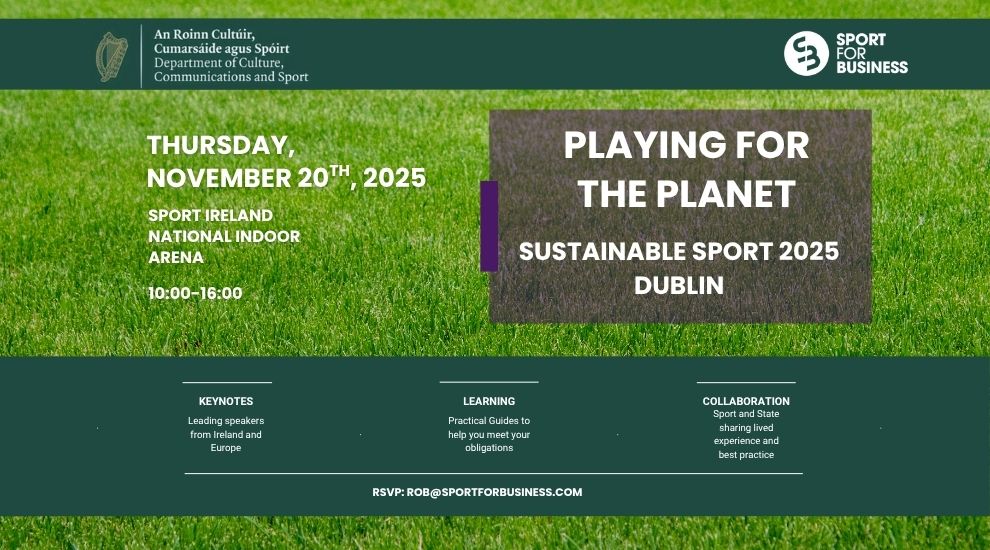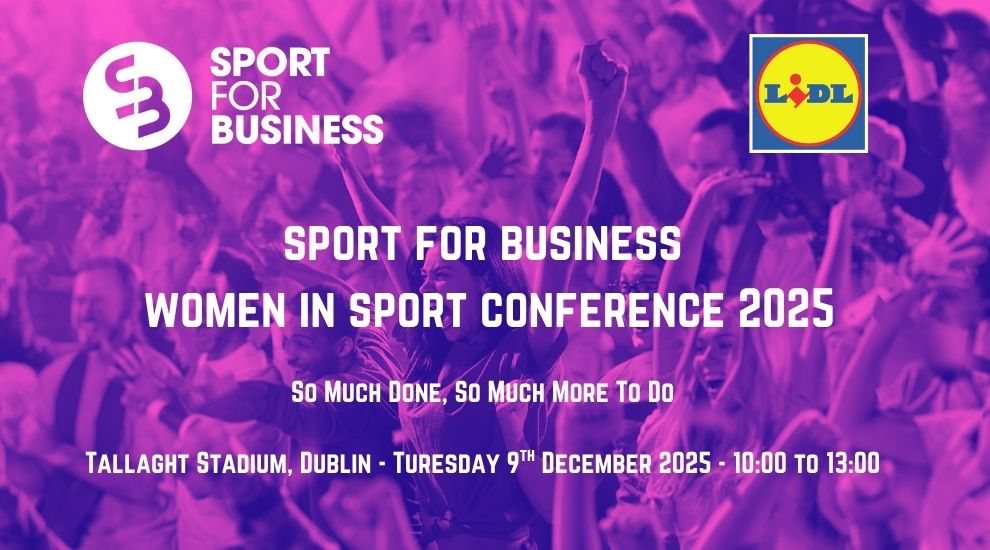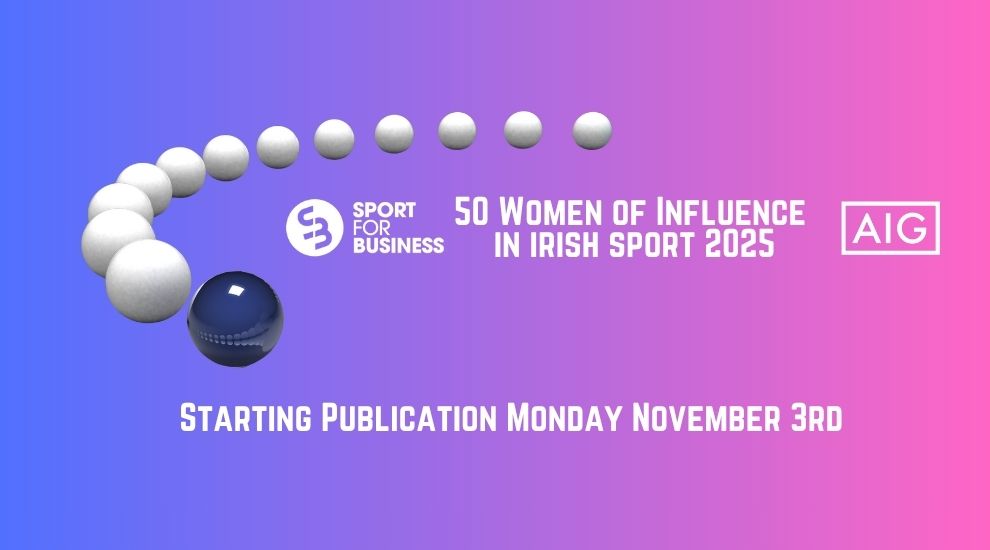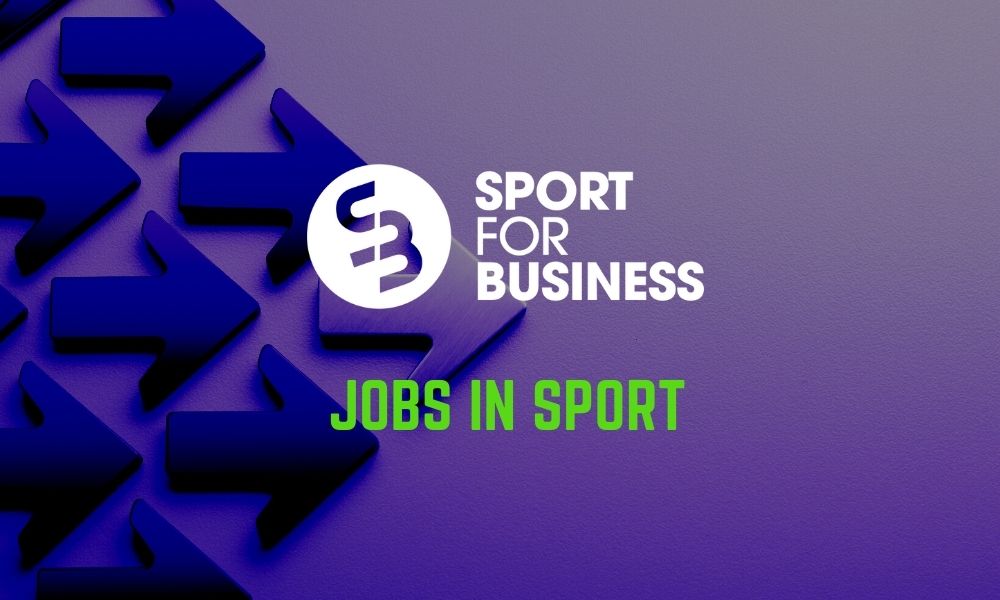Investment in people and investment in the health of the nation is at the heart of Mary O’Connor’s and the Federation of Irish Sport’s case for a smart sports Budget on Tuesday, October 7th.
After a summer that saw highs and heartbreaks on the field, her own Cork’s fortunes among them, O’Connor has shifted her focus back to the arena she’s occupied since 2017: the Budget trenches.
As CEO of the Federation of Irish Sport, she is campaigning for what she calls the “human infrastructure” of Irish sport, providing the core funding for the people and programmes that turn facilities into participation, and participation into a public good.
Two new ministers mean new relationships to build, and the early signals, she says, are consistent: grow participation, invest in infrastructure.
O’Connor welcomes the emphasis, but stresses that infrastructure must be understood as more than bricks and mortar.
“We can’t only build facilities; we have to fund the people and programmes that bring them to life,” she told us yesterday in an exclusive sit-down with Sport for Business to expand on the Pre-Budget submission we have covered here.
It’s a thread that runs through the document and our conversation. Sport and physical activity are not a discretionary spend; they’re a prevention strategy for a health system under pressure.
Sport as prevention, not just entertainment
In O’Connor’s framing, the case is straightforward. Health expenditure has surged over the past decade, with over a billion euros annually going to obesity treatment alone.
Meanwhile, evidence from Sport Ireland shows weekly activity rates rise where investment follows.
“We’ve allowed a disconnect to grow between sport, physical activity and health,” she argues.
“When you fund NGBs and LSPs, you are directly investing in the country’s wellbeing—physical and mental.”
That’s why the Federation now speaks deliberately about “sport and physical activity.”
Not everyone can commit to club structures at every life stage.
Local Sports Partnerships, informal programmes and flexible pathways matter. In a more diverse Ireland, choice is the gateway to getting more people more active, and that is the aim.
The engine room needs fuel
On paper, sport has never had it so good. Last year’s allocation to sport was about €230 million. But O’Connor points to a crucial detail, that only €30 million of that was core funding, the day-to-day support that underwrites delivery by more than 60 national governing bodies and 29 LSPs.
That pot carries the cost of compliance and delivery, governance, safeguarding, coach development, volunteer management, IT systems, competitions and events.
“We’re a professional sector and we need to treat our people accordingly,” she says.
Too often, staff are hired to do one or two roles and find three or four more tacked on. Burnout follows, then churn, and with it the loss of relationships and institutional memory.
Many organisations still struggle to offer pensions or clear progression routes, an untenable position in a competitive labour market.
The Federation has begun sector benchmarking to define roles and pay frameworks—complex work, O’Connor admits, but essential if sport is to stop haemorrhaging talent to other sectors.
I have seen the impact of not getting this right in terms of losing people within organisations that I’m involved in, and the impact can be very serious in terms of those relationships that are so important.
Certainty first: a three-year plan
With Sport Ireland introducing multi-annual funding from 2026, the Federation wants to ensure that “multi-annual” doesn’t become multi-year flatlining.
Their ask is for a 10% compound increase in core funding across three years, €3.025m in year one, €3.324m in year two, and €3.655m in year three, roughly a €10m cumulative uplift.
The logic is that this certainty provides a predictable runway that lets organisations plan staffing, match co-funding, and deliver outcomes without lurching between one-year fixes.
A pragmatic turn on the betting levy
If core funding is the engine, a dedicated betting levy could be the turbo. The Federation has long argued for an additional 1% levy on betting—ring-fenced for sport and explicitly in addition to existing arrangements for horse and greyhound racing. Rather than pressing for the levy itself in this Budget, O’Connor has shifted tactics. She’s asking Government to commission formal research, within six to nine months, into the feasibility and design of such a mechanism.
The optics have always been a sticking point. Some recoil at the idea of “betting money” funding community sport; others worry about displacing established beneficiaries.
O’Connor’s counter is evidence-led and international.
“Look at European models, France and Portugal among them, where betting levies support sport for social good.
“We believe that an Irish model would be additional, ring-fenced, and outcomes-driven; and want to let independent analysis test the case.”
“Commit to the research,” she says.
“If it stacks up, Irish sport gains a durable, outcomes-focused fund. If it doesn’t, we change tack.”
Europe as the mirror
Another strand of the submission holds up a European yardstick.
Using GNI instead of GDP (to remove distortions from multinational activity), Ireland still trails peer countries on direct government funding for sport.
O’Connor’s tone here is measured. This isn’t a finger-wag, more a reminder that the job isn’t finished. Facility investment has been transformative; to realise the returns, the State has to match built infrastructure with human infrastructure.
Politics and realism
How likely is a good news day come October? O’Connor won’t guess, but she strikes a confident note about the quality of engagement with ministers, who she says asked the right questions and recognised the return on investment.
Prudence will frame this Budget. Demands on the Exchequer are many. That, she argues, is precisely why the Federation’s asks are targeted: a three-year core funding glidepath that protects delivery capacity, and a time-bound, evidence-first process on the betting levy.
“We’re optimistic, but realistic,” she says. “Give sport certainty and it will return certainty—in healthier communities, stronger participation and better value for the health budget.”
Between now and Budget day, the Federation will keep the drumbeat steady, including a potential Oireachtas engagement in late September to give politicians a firsthand view of what core funding buys: coaches and coordinators, yes, but also volunteers supported, communities engaged, barriers lowered.
Facilities can inspire; people deliver. That’s the essence of O’Connor’s case. And as she’s quick to add, sport’s ability to gather all kinds of people in one place, to break down barriers, to build patience and tolerance, may be the return that’s hardest to quantify and most important to protect.
Further Reading for Sport for Business members:
Check out more of our Sport for Business coverage of Government
SPORT FOR BUSINESS AUTUMN EVENTS
On Wednesday, September 10th, we will host a special event looking at Future Proofing Irish Sport, including the use of AI in sport.
Then on September 25th we will host our Annual Children in Sport Conference, on October 14th, our Annual Sport for Social Good Event, in November a new event focused on Sustainability in Sport and in December our 12th Annual Women in Sport Conference, in partnership with Lidl.
Find out More about Our Sport for Business Events Programme Here
BOOK YOUR EARLY BIRD TICKETS FOR THESE EVENTS HERE
The Latest Sport for Business Podcasts
MEMBERSHIP AND EVENTS
The Federation of Irish Sport, Sport Ireland and the Department of Culture, Communications and Sport, as well as all the leading sporting and business organisations in and around the world of sport are among the 300+ members of the Sport for Business community.
This includes all of the leading sports and sponsors, as well as commercial and state agencies, individuals interested in our world, and an increasing number from beyond these shores taking a keen interest in Ireland.
Find out more about becoming a member today.
Or sign up for our twice-daily bulletins to get a flavour of the material we cover.
Sign up for our News Bulletins here.






